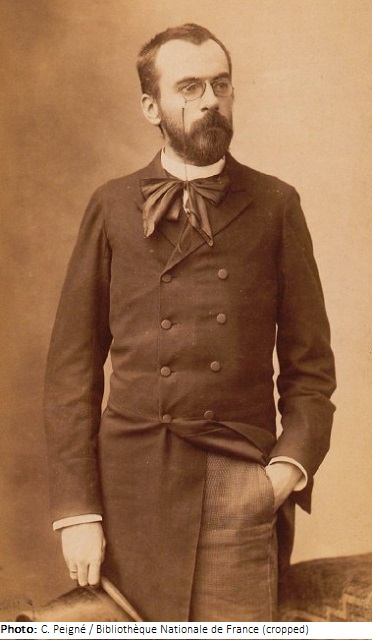Alfred Bruneau

Biographical information
| Roles | Referee |
|---|---|
| Sex | Male |
| Full name | Louis Charles Bonaventure Alfred•Bruneau |
| Used name | Alfred•Bruneau |
| Born | 3 March 1857 in Paris, Paris (FRA) |
| Died | 15 June 1934 (aged 77 years 3 months 12 days) in Paris VIIe, Paris (FRA) |
| NOC |  France France |
Biography
Alfred Bruneau attended the Paris Conservatory in 1873 and was awarded a 1st prize for cello three years later. He then studied harmony and composition and was awarded the Prix de Rome in 1881 for his cantata Sainte- Genevieve.
Bruneau worked as a music critic for several years before being appointed 1st conductor at the Opera Comique. In 1909 he became general inspector of music instruction at the Conservatory. On extensive concert tours to Russia, England, Spain, and the Netherlands, he conducted mainly his works. In 1895 he was appointed Knight of the Legion of Honor and in 1925 member of the Académie des Beaux-Arts.
Of great importance was Bruneau in the development of the French opera, bringing realistic dramas to the stage. He used naturalistic themes from his friend Émile Zola (1840-1902) for his operas L’Ouragan (The Hurricane), Messidor and L’Enfant-Roi (The Child King. He was not shy of using harsh dissonances in dramatic scenes. His orchestral works were inspired by Richard Wagner (1813-1883). Bruneau also published books on music and composers of his era.
Referee
| Games | Sport (Discipline) / Event | NOC / Team | Phase | Unit | Role | As | |
|---|---|---|---|---|---|---|---|
| 1924 Summer Olympics | Art Competitions |  FRA FRA |
Alfred Bruneau | ||||
| Music, Open (Olympic) | Final Standings | Judge |